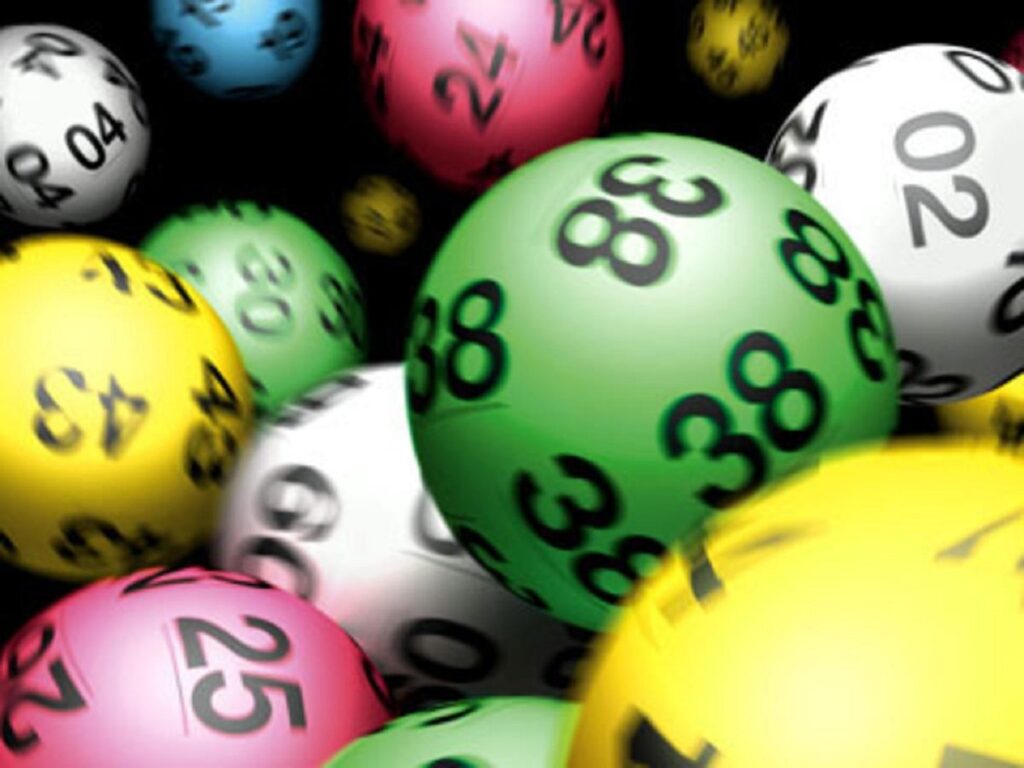The Psychology of Playing the Lottery – Why We Chase the Jackpot
The lottery is a fascinating blend of hope and chance, drawing millions to buy tickets in the hopes of striking it rich. But what drives people to spend their hard-earned money on a game where the odds are overwhelmingly against them? Understanding the psychology behind lottery participation reveals a complex interplay of cognitive biases, emotional states, and social influences. At the heart of the lottery’s allure is the concept of probability and how we perceive it. Humans are notoriously poor at understanding probabilities, especially when they are as extreme as those in lotteries. The odds of winning a major jackpot are often cited as being in the range of 1 in several hundred million, but this statistic is abstract and difficult for most people to grasp. Instead, the mind tends to focus on the possibility of winning rather than the likelihood of losing. This cognitive distortion is known as the availability heuristic, where vivid examples of past winners make the dream of winning feel more attainable than it really is.

Another significant factor is the power of dreams and fantasies. When people purchase a lottery ticket, they are not just buying a chance to win; they are investing in the possibility of a radically improved life. This dream is a powerful motivator. The idea of instant wealth can transform one’s mundane reality into a fantastical vision of luxury and freedom, which is profoundly appealing. This mental escapism serves as a temporary reprieve from everyday stresses and limitations. Emotions also play a critical role. The excitement of choosing numbers and the anticipation of the draw generate a thrill that is often heightened by the community aspect of playing. Social validation and group dynamics contribute significantly to lottery participation. Many people discuss their lottery hopes and dreams with friends or family, and in some cases, people form syndicates to increase their chances of winning. This social engagement reinforces the behavior, making it feel more communal and less like a solitary gamble.
Additionally, the lottery taps into our innate desire for control and improvement. Despite the random nature of the game, the act of choosing numbers or participating in a lottery can create a sense of agency. It offers a glimmer of control over one’s destiny in an otherwise unpredictable world. This illusion of control is a comforting psychological mechanism, providing a semblance of agency and hope. In the end, the jawatogel lottery appeals to a mixture of cognitive biases, emotional needs, and social influences. It combines the thrill of chance with the allure of potential transformation, appealing to our deepest desires for wealth and success. Despite the odds, the dream of hitting the jackpot remains a powerful and persistent motivator, reflecting both the hope and the fallibility of human nature.